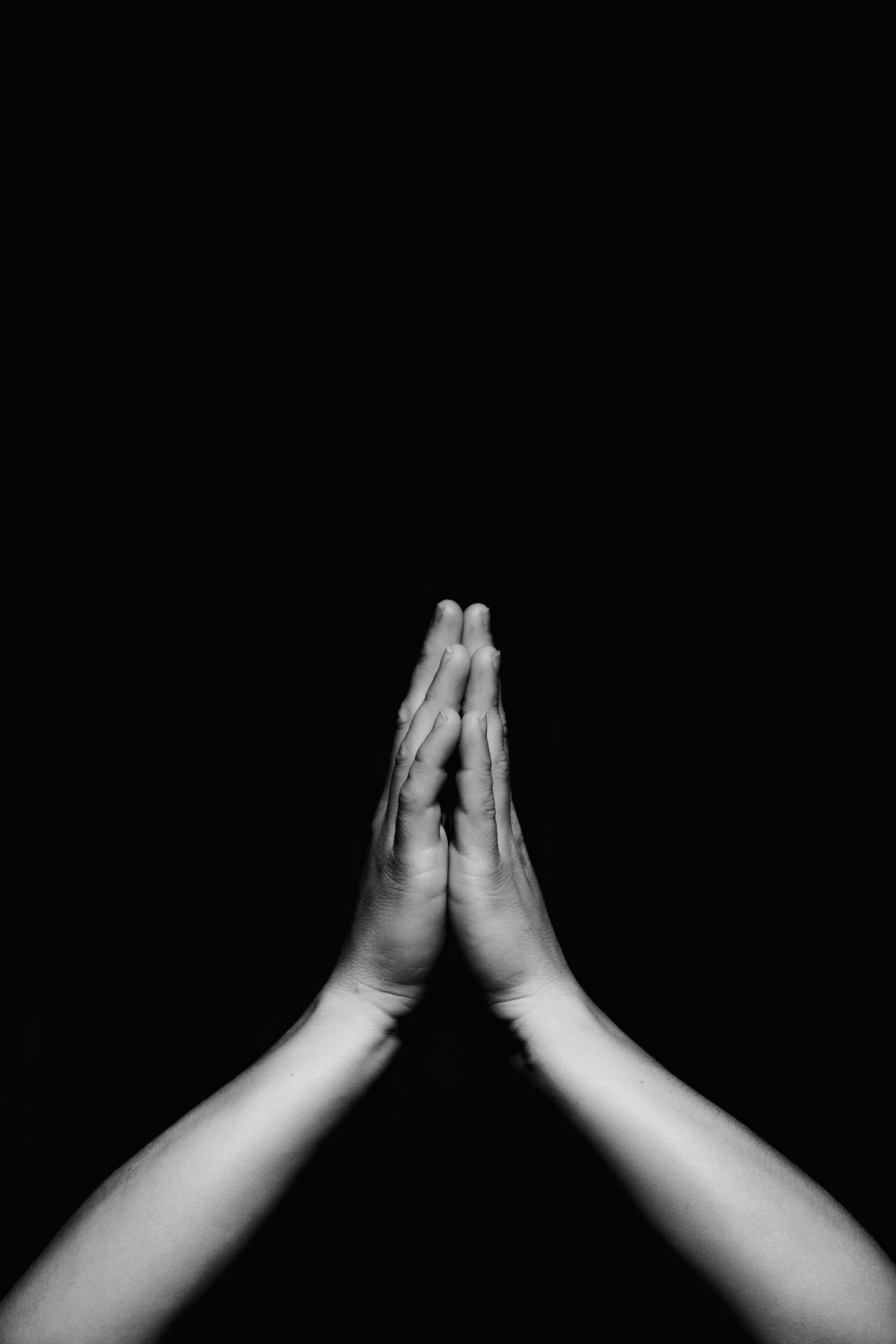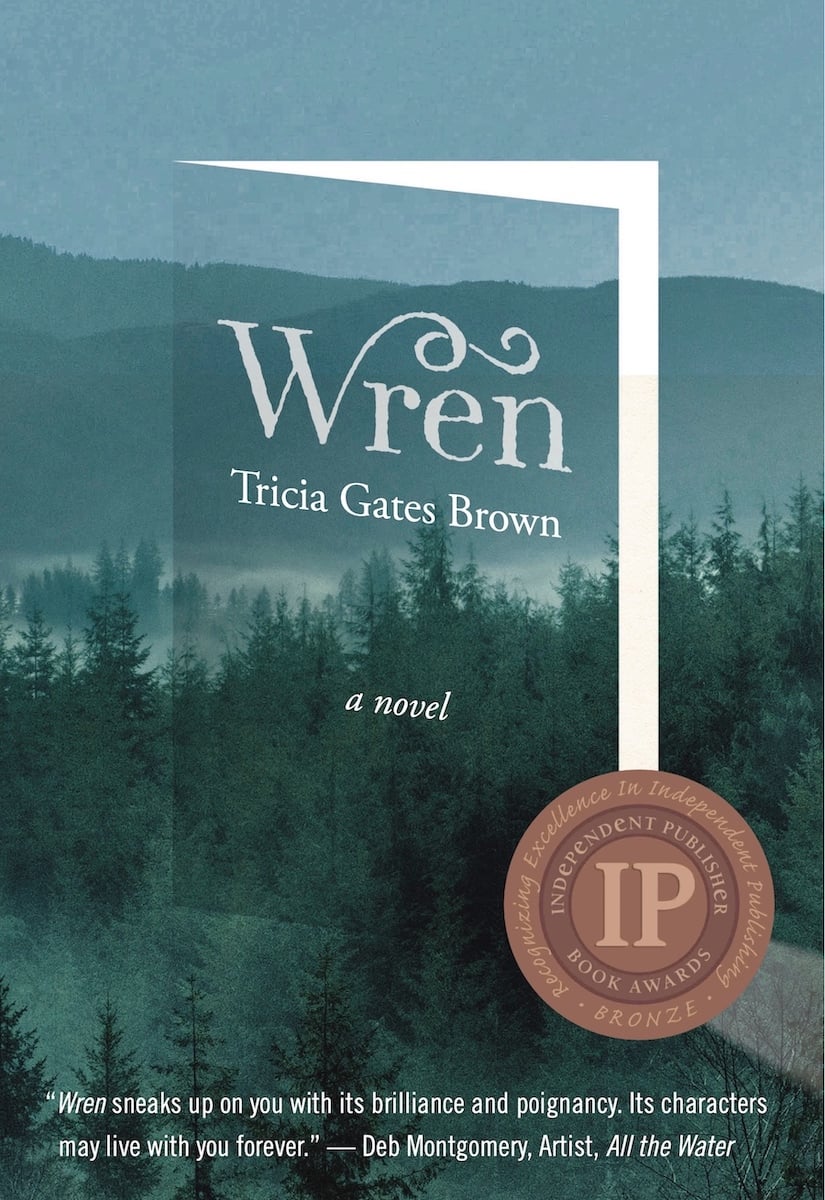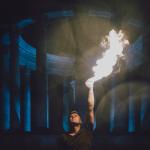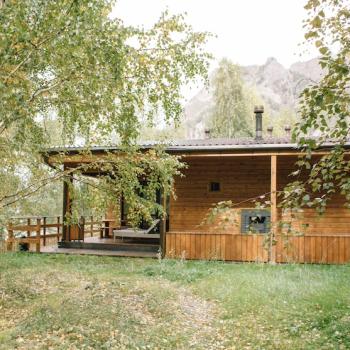In 2008 I published a piece in a contest called: “30 sermons you would never hear in church.” I titled mine “Not a Sermon.” It was written during a six-year span of non-church-attendance for which I superficially blamed work (I worked every Sunday), though in fact my non-church-attendance was a choice. Not long after I wrote the non-sermon, I happened upon a Spanish-language Episcopal service I loved, and my church attendance resumed. But when I wrote the piece, I thought I’d never return. I said as much. In fact, the non-sermon was a resounding exhortation not to go to church—to get off the pew and discover the truth within. Of sermons in particular, I confessed in the piece: “I just don’t get it anymore.” Now that I am actual clergy (Ordained Deacon in the Episcopal Diocese of Oregon) and regularly deliver Sunday sermons, I smile as I read the piece. Oh boy—things change!
I still believe in the church of the every day, the every moment, and that truth is no more available to us in a church than in the recesses of our hearts. I still believe many churches are afraid of the quiet, individual working-out of our faith and path, wanting to silence our moments of deepest solitude because of the liberation and permission they grant. Churches, like all human institutions, struggle a wee bit with control. Yet I have obviously changed my mind—in many ways—about church and religion.
What happened?
In part, I started reading Karen Armstrong, the great scholar of religion, and I started studying myth and how religious ritual works in people. I also discovered a ritual (the Christian ritual ala Episcopalianism) that I truly enjoy, finding in it beauty, connection with others, centering, and spiritual resonance. Finally, I fell in love with the immigrant community I attended church with every Sunday evening.

What changed most in me though, at least in recent years, is my understanding of religion. Specifically, this: I came to understand that everyone is religious. We all have religions—some being a part of a major religious institution, and many not. But whatever religion we participate in, we do well to hold our religions to scrutiny. We should be conscious of our religion. For me, doing so happens to involve participating in a formal religion. But that needn’t be true for everyone.
You might say: who cares if I am conscious of my religion? So what? Who cares if I don’t have any knowledge of it? And what do you mean by religion or that all people are religious?
A religion involves the narratives/stories, rituals, beliefs, values, and everyday practices by which we derive meaning for our lives. This is what I mean by religion. And if you think people can only be religious in a traditional “formal religion” sense, pay attention to how some talk about politics or football or business/capitalism or their or their child’s primary extracurricular activity. Honestly, some of the most religious people I know have nothing to do with a religious institution. Yet they are ardent “true believers.”
What happens when one is religious without being conscious of it?
Often as my ear is tuned to great news analysts and podcasts, I hear intelligent discussions that go something like this: Because people no longer have the dominant institutions that teach them how to talk about things like death or money or sex, people are challenged to teach themselves how to talk and think about these things, starting at Square One. Or I hear: At difficult times, many modern people lack the rituals that once oriented people when a crisis happened or a milestone needed to be celebrated—such as a retirement or the coming-of-age of an adolescent. Thus, many modern people feel somewhat lost. Indeed, I am surprised how often I hear people express these sentiments and observations these days. These observations are much in the air. Astute observers recognize that we are increasingly unmoored from formal institutions/communities like religion, and we are seeing the consequences.
For a look at how this unmooring might be affecting us as Americans, look for my upcoming column “So What? (Part 2)” on Saturday, July 16.














